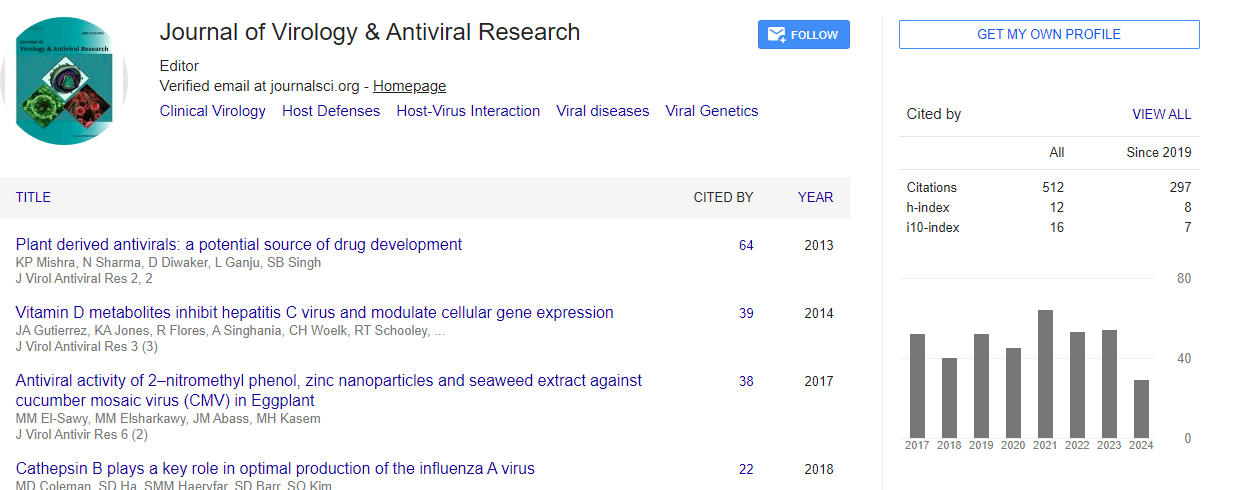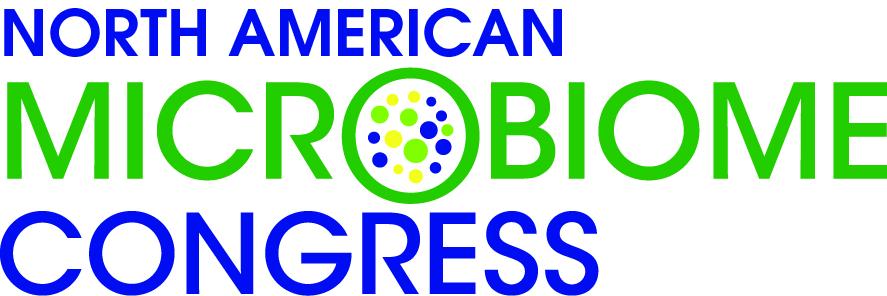Research Article, J Virol Antivir Res Vol: 3 Issue: 1
Favorable Response in A Spanish Cohort of HIV Infected Men with Acute Hepatitis C Infection Who Received Delayed Antiviral Treatment
| Montoya-Ferrer A1,2*, Gorgolas M2, Garcia-Delgado R3, Fierer DS4 and Fernandez-Guerrero ML2 | |
| 1Division of Infectious Diseases, Montpellier University Hospital, 80 av Augustin Fliche - 34295 Montpellier, France | |
| 2Division of Infectious Diseases, Fundacion Jimenez Diaz Hospital, Avenida Reyes Catolicos 2, Madrid 28040, Spain | |
| 3Division of Immunology, Fundacion Jimenez Diaz Hospital, Avenida Reyes Catolicos 2, Madrid 28040, Spain | |
| 4Division of Infectious Diseases, Department of Medicine, Mount Sinai School of Medicine, 1 Gustave L. Levy Place, Box 1009, New York, NY 10029, USA | |
| Corresponding author : Montoya-Ferrer Ana Département des Maladies Infectieuses et Tropicales, Hôpital Gui de Chauliac - CHRU de Montpellier, 80 av Augustin Fliche - 34295 Montpellier Cedex 5, France Tel: 0033 467337714 Email: a-montoyaferrer@chu-montpellier.fr |
|
| Received: May 28, 2014 Accepted: June 16, 2014 Published: June 18, 2014 | |
| Citation: Montoya-Ferrer A, Gorgolas M, Garcia-Delgado R, Fierer DS, Fernandez-Guerrero ML, et al. (2014) Favorable Response in a Spanish Cohort of HIV Infected Men with Acute Hepatitis C Infection who Received Delayed Antiviral Treatment. J Virol Antivir Res 3:2. doi:10.4172/2324-8955.1000124 |
Abstract
Favorable Response in A Spanish Cohort of HIV Infected Men with Acute Hepatitis C Infection Who Received Delayed Antiviral Treatment
Background: Early combined therapy within 12 weeks of diagnosis with pegylated interferon (peg-IFN) and ribavirin (RBV) for a period of 24-48 weeks is the recommended treatment for acute hepatitis C (HCV) infection in HIV-infected patients. However, scarce data are available about efficacy of the shorter 24-week regimens in cases of delayed initiation of treatment. We describe here our outcomes among a small cohort of HIV-infected men with acute HCV infection who started treatment significantly beyond 12 weeks of acute HCV diagnosis. Methods: HIV-infected men with acute HCV infection were treated with peg-IFN+RBV using a responseguided therapy algorithm where those achieving rapid virologic response (RVR) received 24 weeks of total therapy and those achieving complete early virologic response (cEVR) received therapy extended 20 weeks beyond their first undetectable HCV viral load (VL). Results: Six HIV-infected men diagnosed with acute HCV infection initiated treatment 16 to 60 weeks after acute HCV infection diagnosis. Three had RVR and were treated for 24 weeks. One with RVR had rebound viremia at week 12 and was treated for 48 weeks. Two without RVR had cEVR and were treated for 28-32 weeks. All 6 men had a sustained virologic response (SVR). Conclusions: Despite significantly delayed initiation of treatment, all of our patients had SVR, most after receiving shorter treatment courses. Shorter courses according to response-guided therapy might therefore be safely recommended for these patients.
 Spanish
Spanish  Chinese
Chinese  Russian
Russian  German
German  French
French  Japanese
Japanese  Portuguese
Portuguese  Hindi
Hindi 

